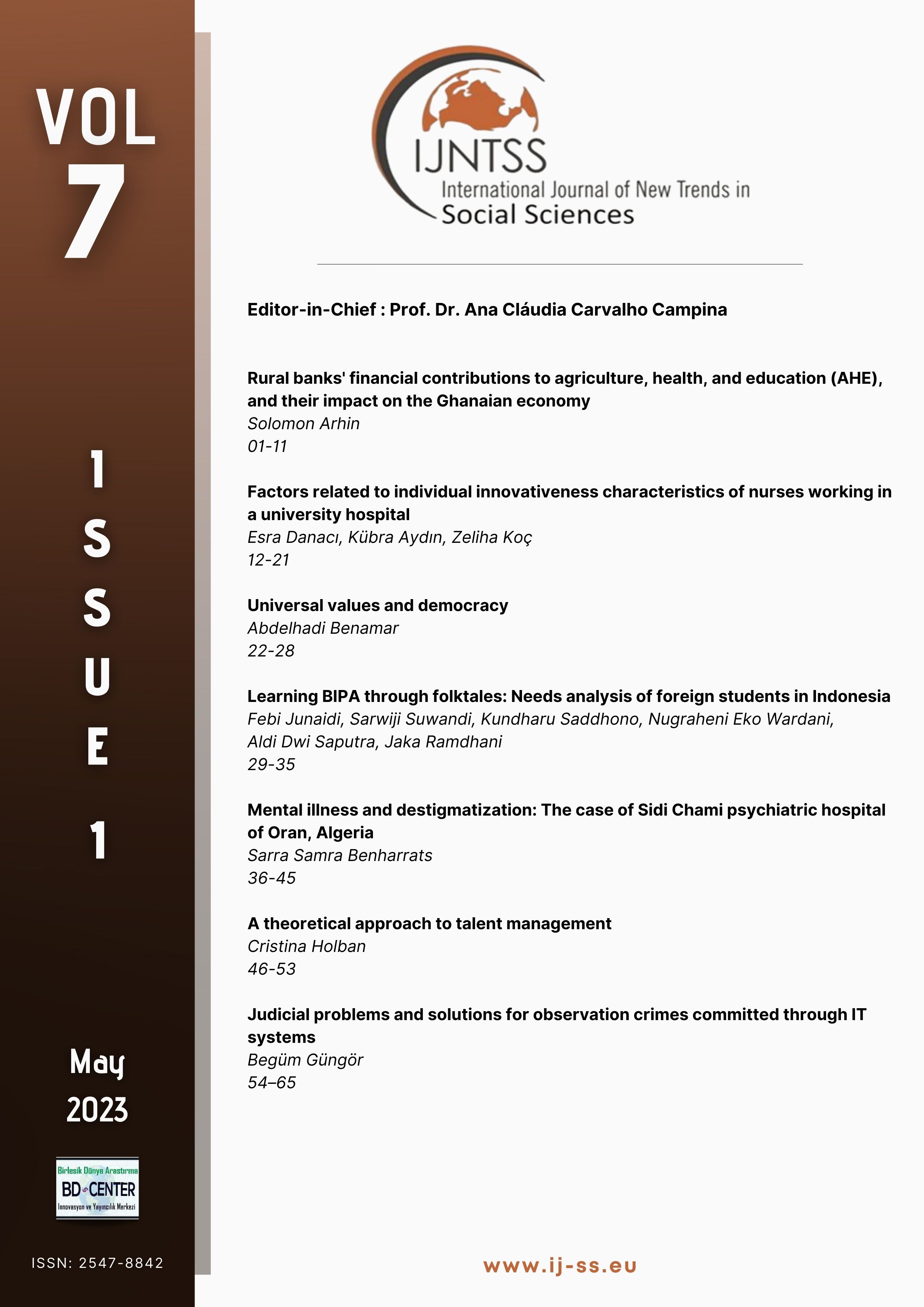Learning BIPA through folktales: Needs analysis of foreign students in Indonesia
Main Article Content
Abstract
The existence of the Indonesian language is currently increasing. This is evident in the number of foreigners who have shown interest in learning the Indonesian language for foreigners called BIPA. The purpose of this study is to know the need for foreign learners in learning the Indonesian language using folktales. This study used a qualitative approach. Data were obtained through observation and deep interviews conducted with international students. The results of the study showed that foreign students are interested in learning through folktales. They also hope that the BIPA learning will use the Indonesian language dominantly, variations of methods and resources, innovative media using various folktales, and meet many new classmates who come from different countries. Some students also assume that the Indonesian language is unique and easy to learn with folktales. This study implies that BIPA teachers could use folktales as material content for BIPA learners.
Downloads
Article Details

This work is licensed under a Creative Commons Attribution-NonCommercial-NoDerivatives 4.0 International License.
Authors who publish with this journal agree to the following terms:
- Authors retain copyright and grant the journal right of first publication with the work simultaneously licensed under a Creative Commons Attribution License that allows others to share the work with an acknowledgement of the work's authorship and initial publication in this journal.
- Authors are able to enter into separate, additional contractual arrangements for the non-exclusive distribution of the journal's published version of the work (e.g., post it to an institutional repository or publish it in a book), with an acknowledgement of its initial publication in this journal.
- Authors are permitted and encouraged to post their work online (e.g., in institutional repositories or on their website) prior to and during the submission process, as it can lead to productive exchanges, as well as earlier and greater citation of published work (See The Effect of Open Access).
